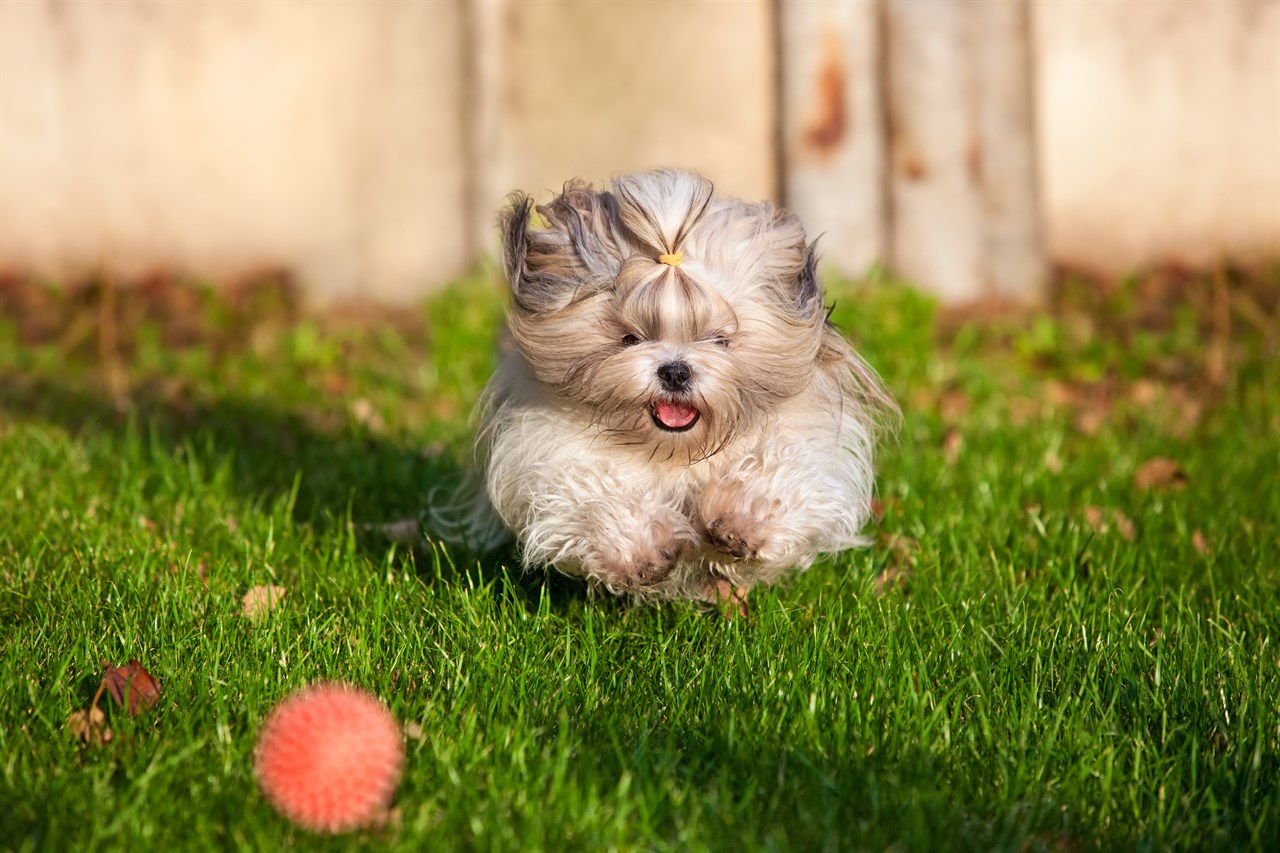Feeding Habits and Food Requirements of the Shih Tzu

Proper nutrition is essential to ensure the health and well-being of your Shih Tzu. These charming little dogs have specific feeding habits and food requirements that should be considered to keep them happy and healthy.
Feeding Habits
Shih Tzus are known for their dainty and somewhat finicky eating habits. While each dog's preferences can vary, here are some common feeding habits of Shih Tzus:
- Small and Frequent Meals: Shih Tzus have small stomachs, so they often prefer smaller, more frequent meals throughout the day. Many owners feed them two to three times daily.
- Picky Eaters: Some Shih Tzus can be selective about their food. They may be more inclined to eat if their food is appealing in texture, aroma, or taste.
- Slow Eaters: Shih Tzus tend to eat slowly. This leisurely approach to meals can be encouraged by using specialised slow-feed bowls to prevent gulping.
- Sensitive Stomachs: Some Shih Tzus have sensitive stomachs and may experience digestive issues. It's important to feed them high-quality dog food that agrees with their digestive system.
Food Requirements
Meeting the nutritional needs of your Shih Tzu is crucial for their overall health. Here are some key considerations:
- High-Quality Dog Food: Opt for a premium, well-balanced dog food that meets the specific nutritional requirements of small breed dogs. Look for options that list a high-quality protein source as the main ingredient.
- Protein: Shih Tzus require adequate protein for muscle development and overall health. Protein sources can include chicken, beef, fish, or lamb.
- Carbohydrates: Choose dog foods that contain complex carbohydrates like brown rice or sweet potatoes. These provide energy and dietary fibre.
- Fats: Healthy fats are essential for Shih Tzus' skin and coat health. Look for foods with moderate fat content, typically around 10-15%.
- Fruits and Vegetables: Some Shih Tzus enjoy fruits and vegetables as snacks or additions to their meals. Offer safe options like apple slices or carrots in moderation.
- Avoid Harmful Ingredients: Avoid dog foods with artificial additives, fillers, or excessive preservatives. These can be detrimental to your Shih Tzu's health.
- Portion Control: Be mindful of portion sizes to prevent overfeeding. Obesity is a common issue in Shih Tzus, which can lead to health problems.
- Fresh Water: Always provide fresh, clean water for your Shih Tzu. Proper hydration is essential for their health.
Special Dietary Considerations
Some Shih Tzus may have specific dietary needs or sensitivities, such as allergies or food intolerances. If you suspect your Shih Tzu has dietary issues, consult with a veterinarian to determine the best diet for their individual needs.
Additionally, puppies, adult Shih Tzus, and seniors may have varying nutritional requirements, so it's important to choose age-appropriate dog food.
Overall, a balanced and nutritious diet, regular feeding schedule, and portion control are key to maintaining the health and vitality of your Shih Tzu. Consult with your veterinarian for personalised dietary recommendations and to address any specific dietary concerns your Shih Tzu may have.